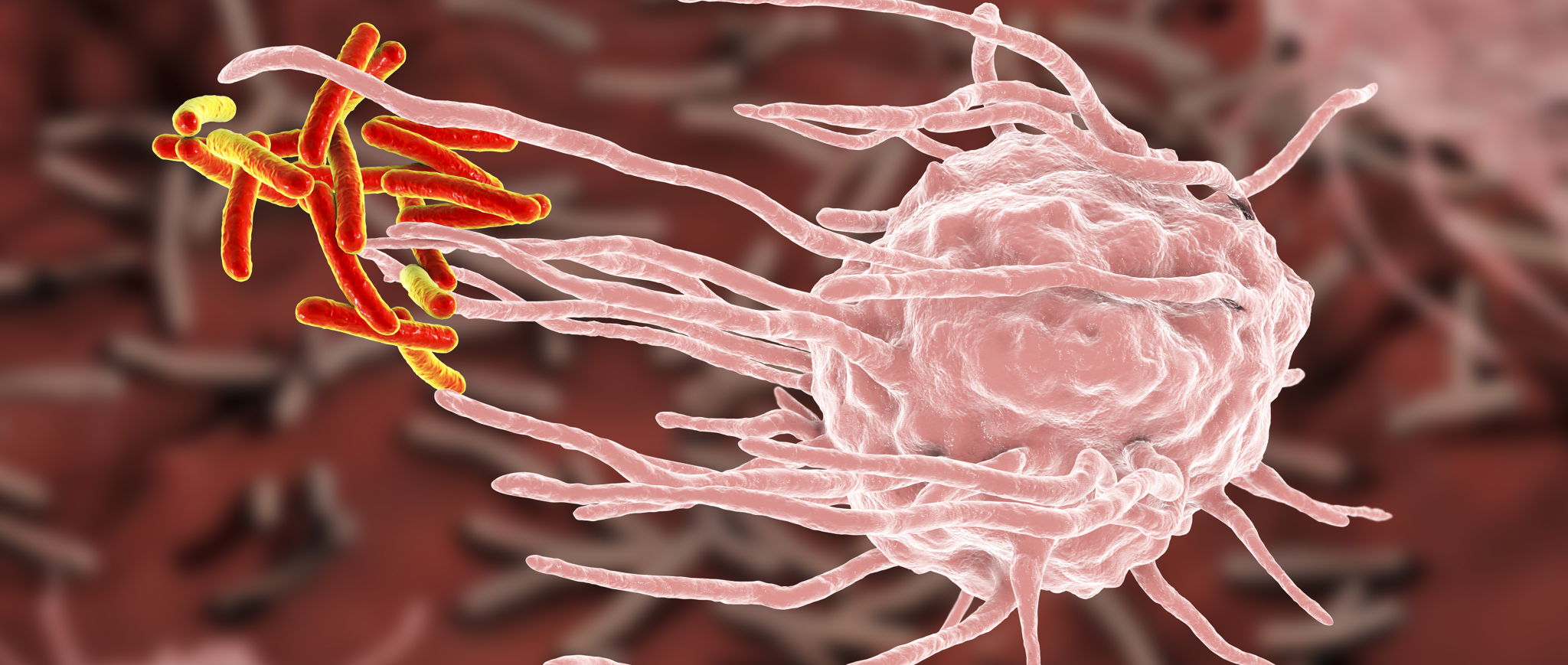From friend to foe: Understanding inflammation
Chronic inflammation is increasingly considered to be a central piece in many disease puzzles. In this series, we'll share three VIB stories about researchers who are unraveling inflammation's role in different health conditions.
Inflammation is a normal defensive response of our bodies against infections and it helps us heal from injuries. If all goes well, inflammation is a finely tuned process that begins with the recognition of harmful stimuli, such as pathogens, damaged cells, or toxic substances. To respond to this harm, the body's immune system mobilizes various cell types and signaling molecules that, much like a highly trained army, will contain and eliminate the threat as well as kickstart tissue repair.
The redness, swelling, and aches that are the signs of inflammation that we all know might be unpleasant, but they are the signs that your body increased blood flow and started to send immune cells to the infected location. Some immune cells will learn to recognize the enemy, others will charge, and still others will relay a message back to headquarters to recruit elite killers. Then, when victory has been achieved, our little soldiers will help clean everything up and begin the repair works.

But sometimes things go wrong.
Sometimes, our body's army does not stop fighting, and sometimes, our soldiers engage in friendly fire.
While acute inflammation is a crucial and beneficial aspect of the body's defense, the balance can tip the wrong way when inflammation becomes chronic or dysregulated. When our inflammatory response does not shut down after we have healed, or when it attacks the wrong cells and tissues, the result can be devastating. Understanding this balance is a main research focus for the VIB Center for Inflammation Research.
Chronic inflammation, characterized by long-term activation of immune cells and the release of pro-inflammatory molecules, has been implicated in various diseases, including but not limited to arthritis, inflammatory bowel disease, metabolic disorders, neurodegenerative diseases, and certain types of cancers. As research advances, unraveling the complexities of inflammation holds promise for developing targeted therapies that tweak the immune response and restore the balance necessary for maintaining optimal health.
In the coming weeks, we are going to share VIB research from different centers about the role of inflammation in some of these conditions. These stories were first published in EOS magazine and we are glad that we get to share them here.
- We'll learn all about new approaches to tackle peripheral spondylarthritis and the research of Dirk Elewaut (VIB-UGent Center for Inflammation Research), the Be-GIANT register, and VIB's Grand Challenges Spartacus project.
- Baukje Bijnens (VIB-UAntwerpen Center for Molecular Neurology) will teach us everything about the minuscule cleaners in our brains and how they contribute to a healthy immune balance in our gray and white matter.
- Did you know that there is a connection between cancer and inflammatory mechanisms? Kathryn Jacobs and Marcello Delfini (VIB-KU Leuven Center for Cancer Biology) explain how and why it matters for the development of better, more effective cancer treatments.
Stay tuned!
Want to be kept up-to-date on our biotechnological news and stories? Join our community and subscribe to our bi-monthly newsletter.



